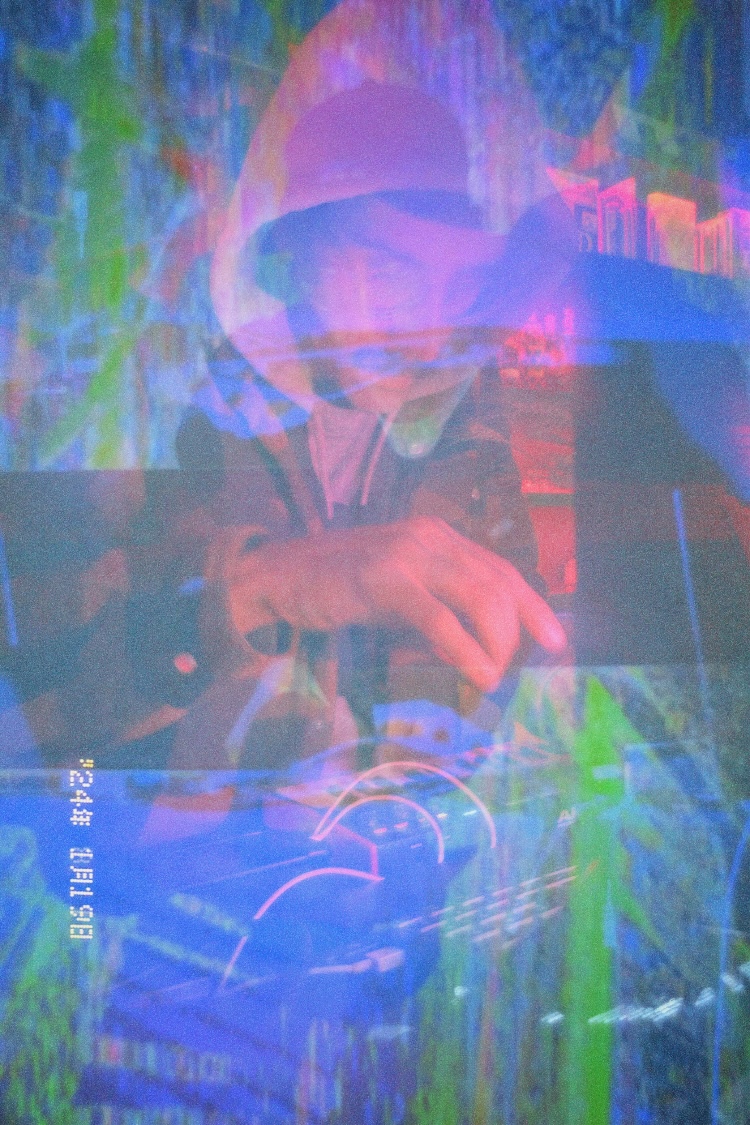From the outset, technology has aimed to overcome the limitations of the human body and enhance the adaptability and survival in a constantly evolving environment. Today, biohacking and transhumanism represent the forefront of our efforts to extend our bodies through sensors and devices, transforming us into living interfaces that fulfill our desire for self-knowledge and control. While these developments promise profound insights, they also raise critical questions about the nature of information and data, with users often left in the dark about how their data is transcoded and interpreted. The performance "Re:fracta" seeks to question whether an abundance of data truly equates to deeper self-understanding and if more data inherently leads to greater insights. As we increasingly interact with technology to measure and analyze our lives, does this excess of information contribute to greater clarity, or does it result in more confusion, false conclusions, and a reductionist self-image?
|
